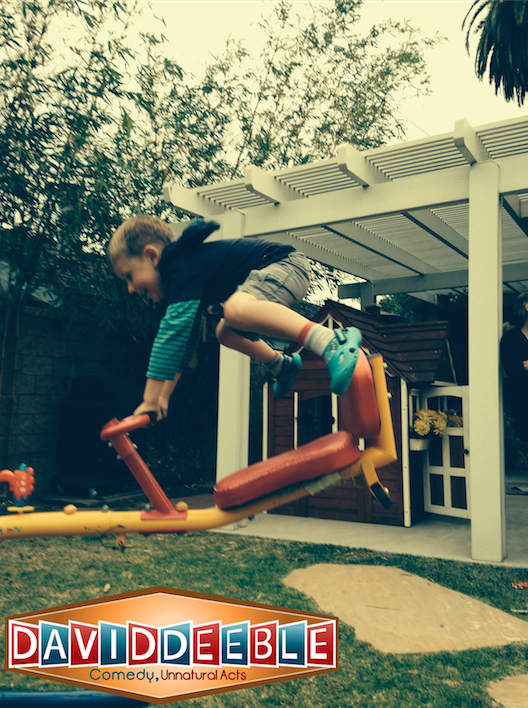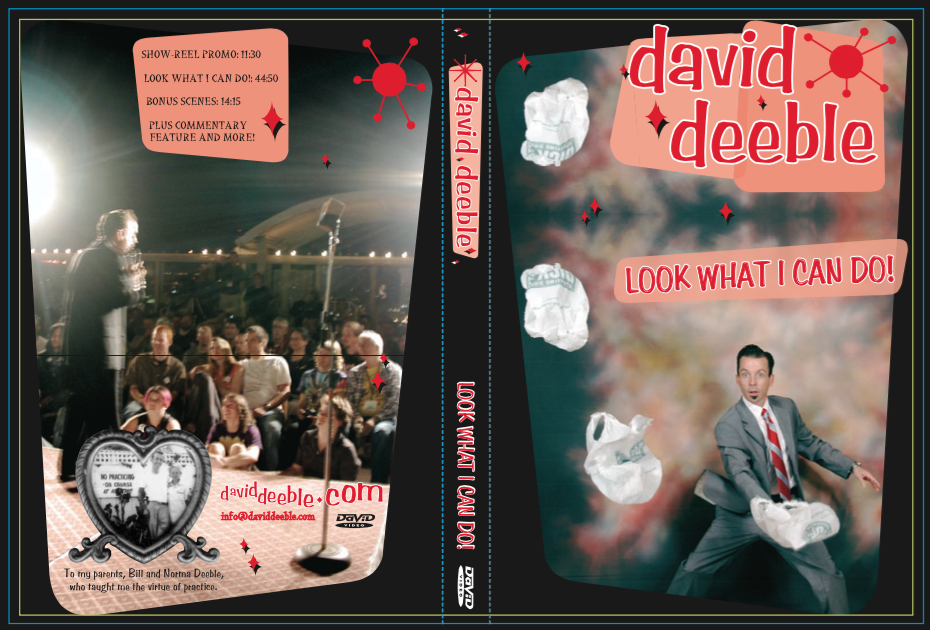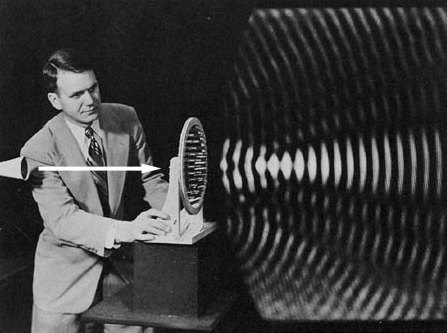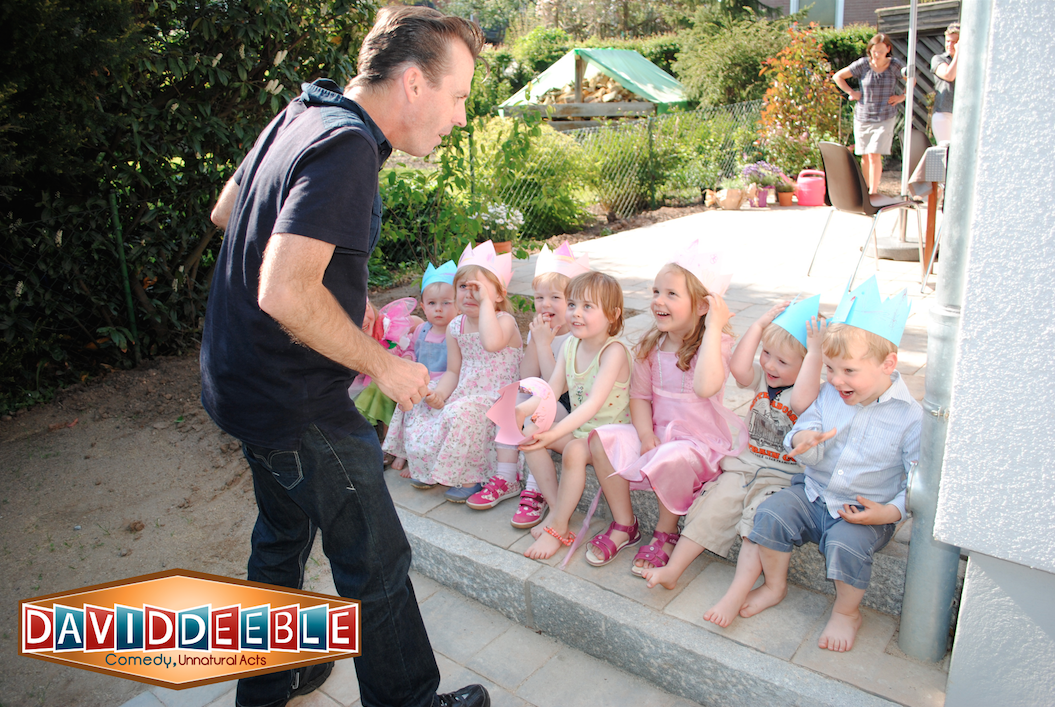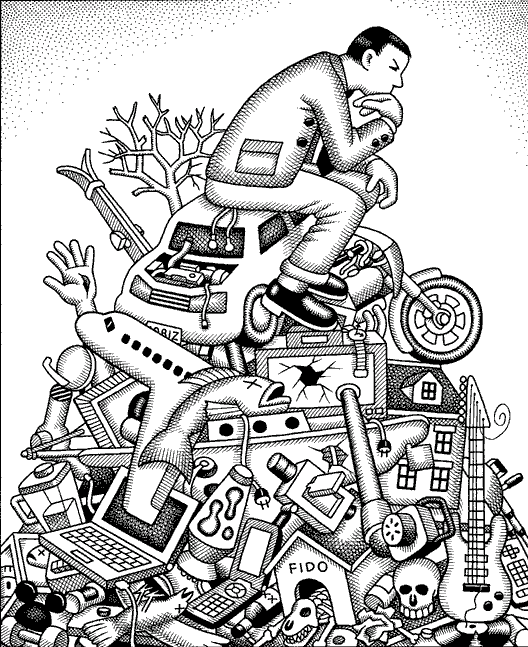People ask me all the time: “Mr. Deeble, can you teach funny?” I always say the same thing: “You will address me as Dave or David: I believe I’ve earned it”. Which brings me to tip #1: be funny right off the bat.
Let me save you some time: despite proliferation of books, workshops and comedians which purport to teach you how to be funny, comedy cannot be taught. No one considers a particularly funny person and thinks “Boy, she’s really well-taught”. Why can’t comedy be taught? Because comedy requires comedic instincts and great comedy requires great comedic instincts. And you can’t teach instinct.
Take an example: well-defined abs. Few things in the world are more unfunny than a chiseled pack of six-pack abs. A thought experiment: recall of one of the funniest people (famous or otherwise) you are aware of when you were witnessing him at the height of his hilarity. Was it your co-worker at that time at the Christmas party? Was it Brian Regan talking about how great it’d be at parties to be one of the men 12 who’s walked on the moon?Whatever it was, remember what it was like to experience in real time what this person said or did that struck you as so hilarious. Recall what it felt like, both physically and emotionally, to engage in that wonderful thing called uncontrollable laughter. Got it? Good. Now imagine once again but this time imagine the hilarious person with chiseled, six-pack abs. He just got considerably less funny, didn’t he?
Probably it has something to do with the discipline, vanity and low-fat diet that great abs connote. If possessing one or even two of these attributes makes being funny an uphill battle, then great abs are the trifecta of unfunny.
Let me be clear: merely having great abs is not disqualifying. But like a medical doctor educated in the Caribbean, it’s best to keep it to yourself. In other words, don’t be this guy.
As long as we’re talking about physical attributes, being a “little person” is about as funny as you get. And not just because the term “little person” seems more offensive than the term it replaced, though that helps (offensiveness is funny. We’ll call that tip #2). And though I’m not a “little person” in the clinical sense (I can drive a car and stuff) I’m sufficiently diminutive to get away with jokes like these.
Which brings me to one of the great things about comedy: good looks are hindrance (call it tip #3 for maximum clickability). If you’re regular-looking, you’re ahead of the game. You may even be able to get away with slightly-above average looks. But people with aggressive good looks have a hard time of it, especially when they first come on stage. It’s distracting! The sooner the audience stops looking at you and starts listening to you, the more success you’ll have.
If you want to be a success at comedy but suffer from inordinate good looks, take my advice: give it a couple decades.
Thoughts? Comments? Leave them below.
Return to www.daviddeeble.com or see why I’d make a lousy magician.




